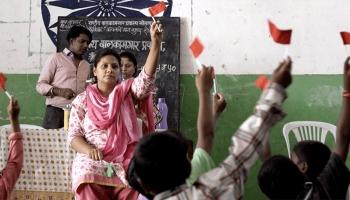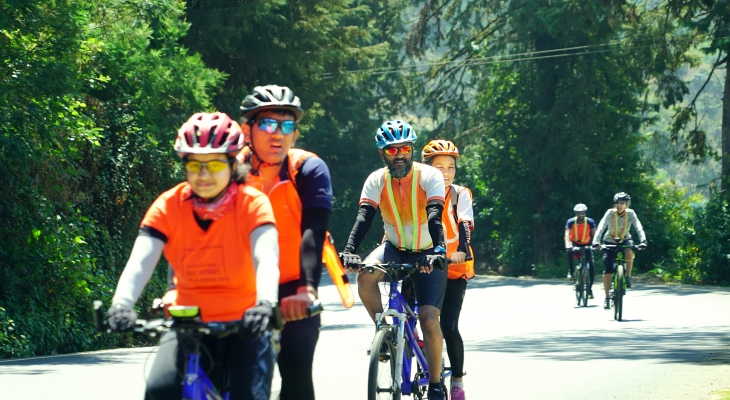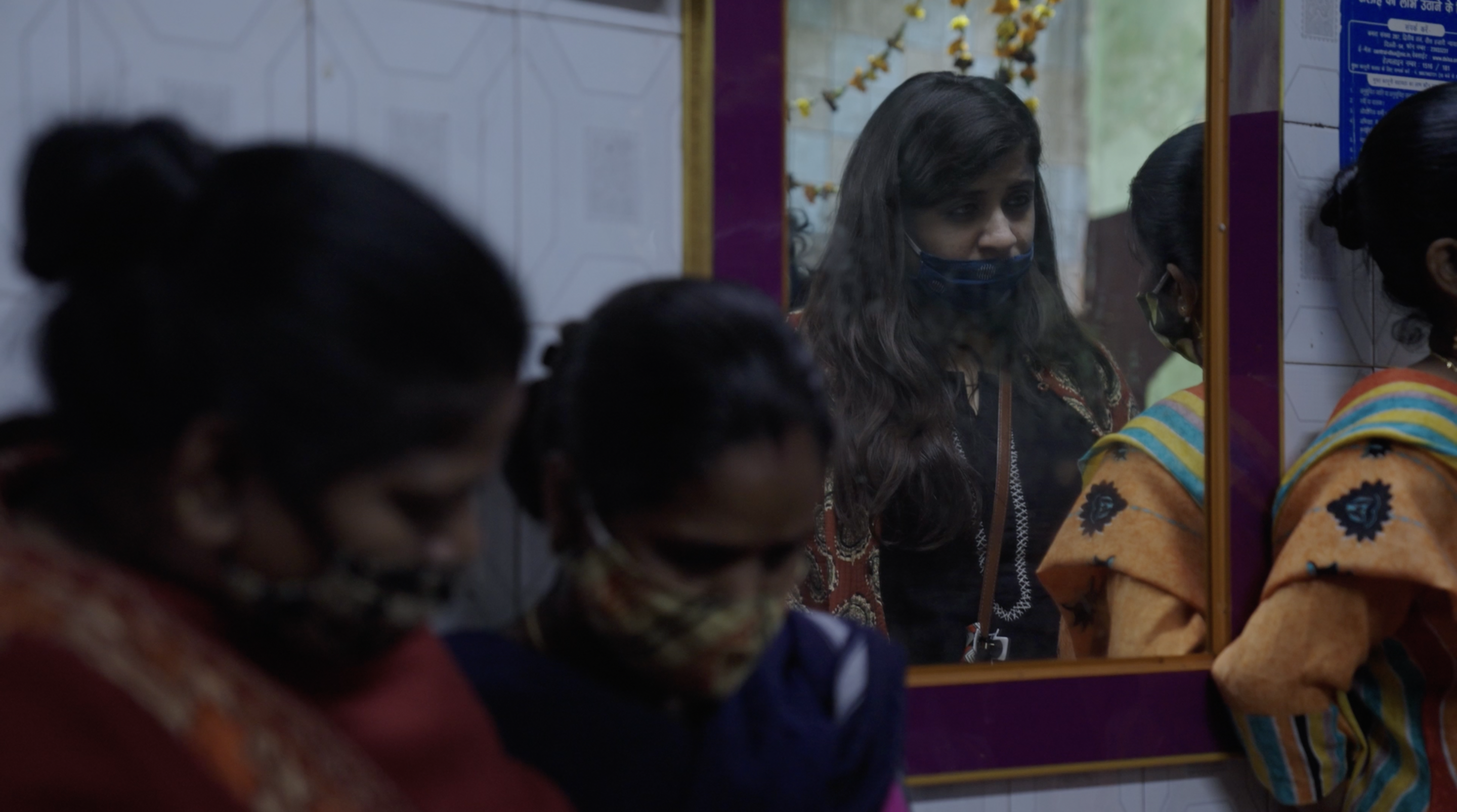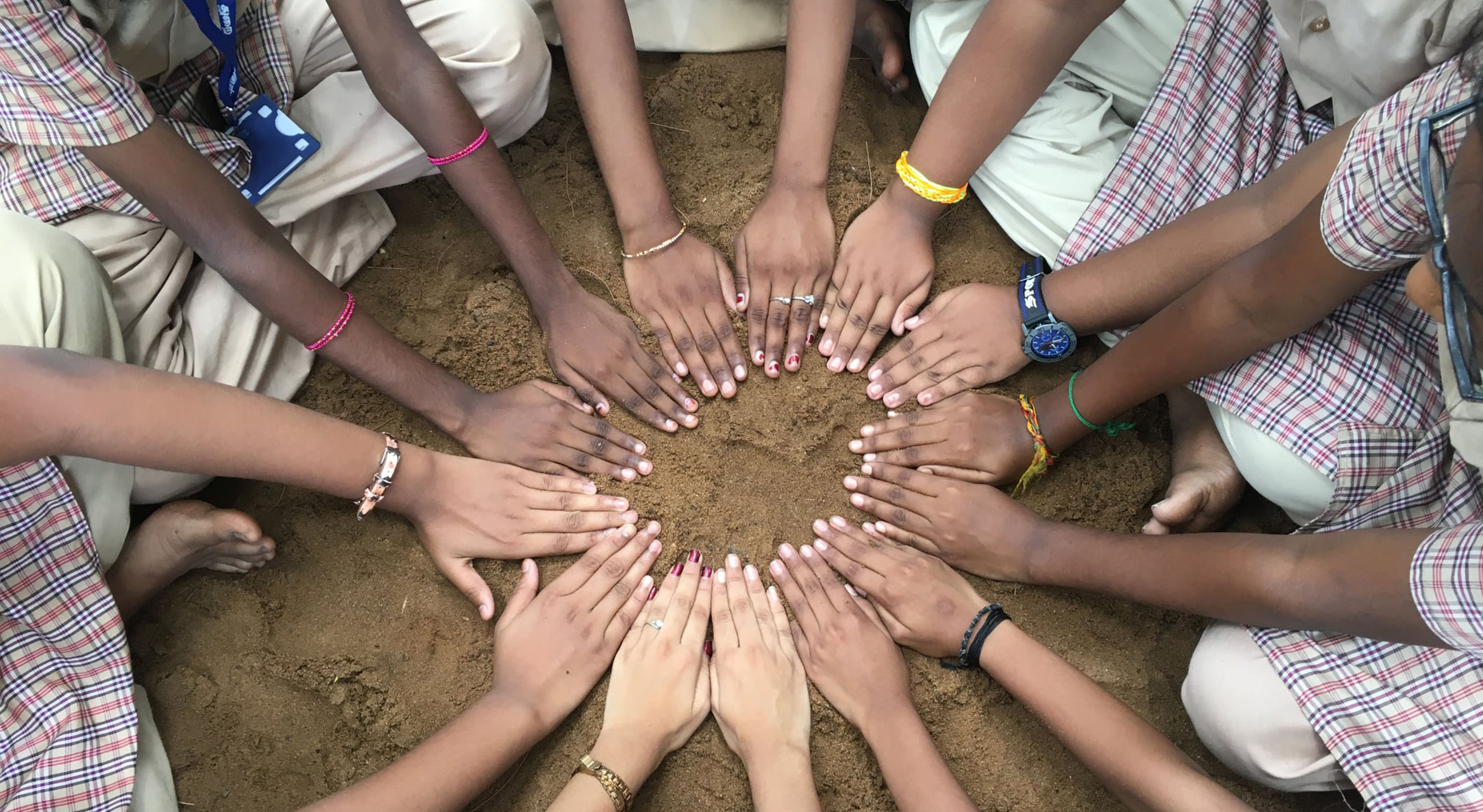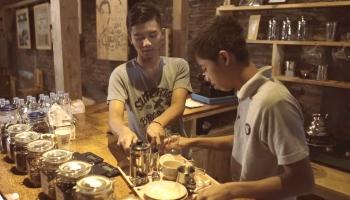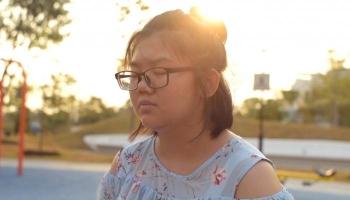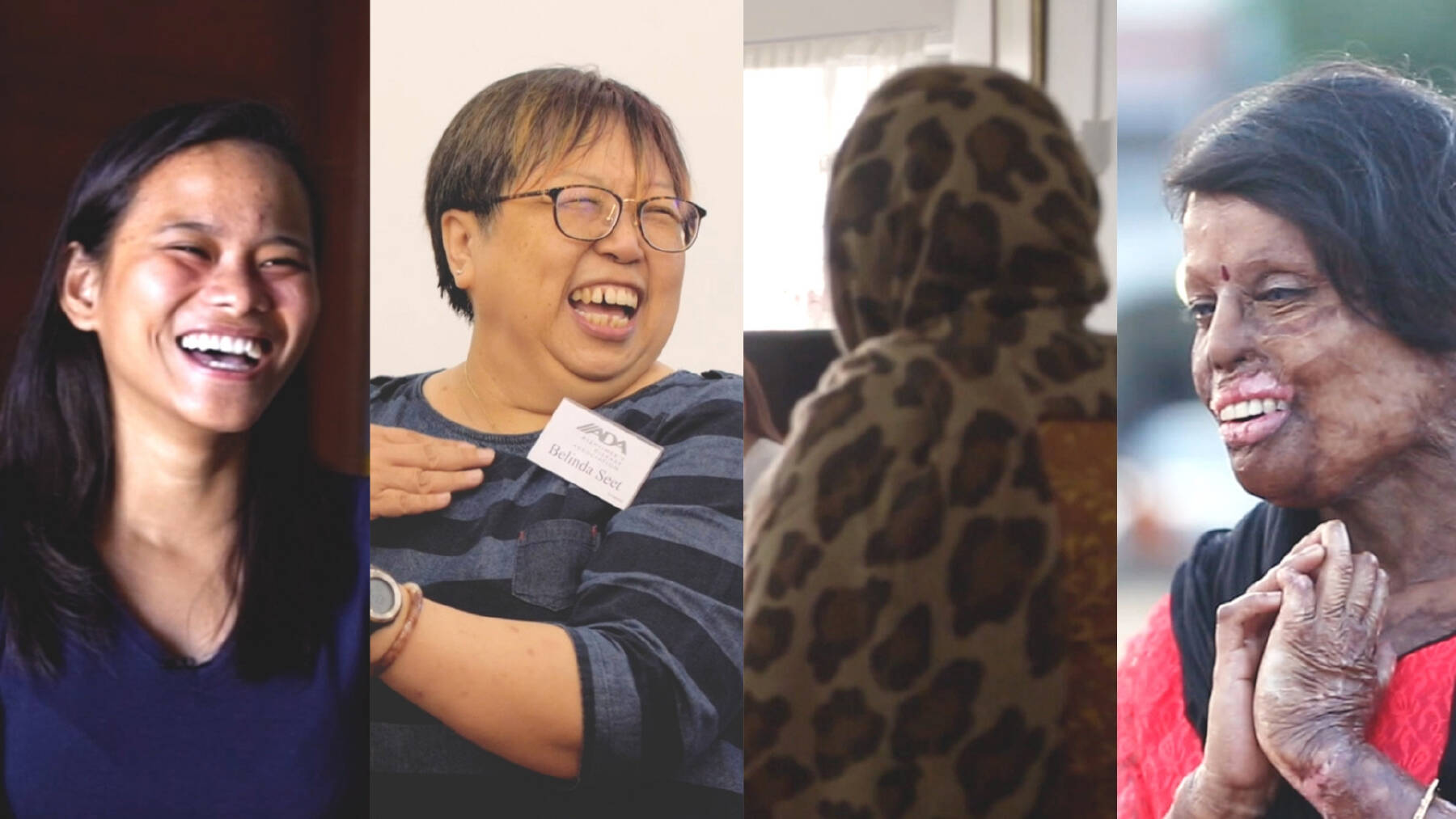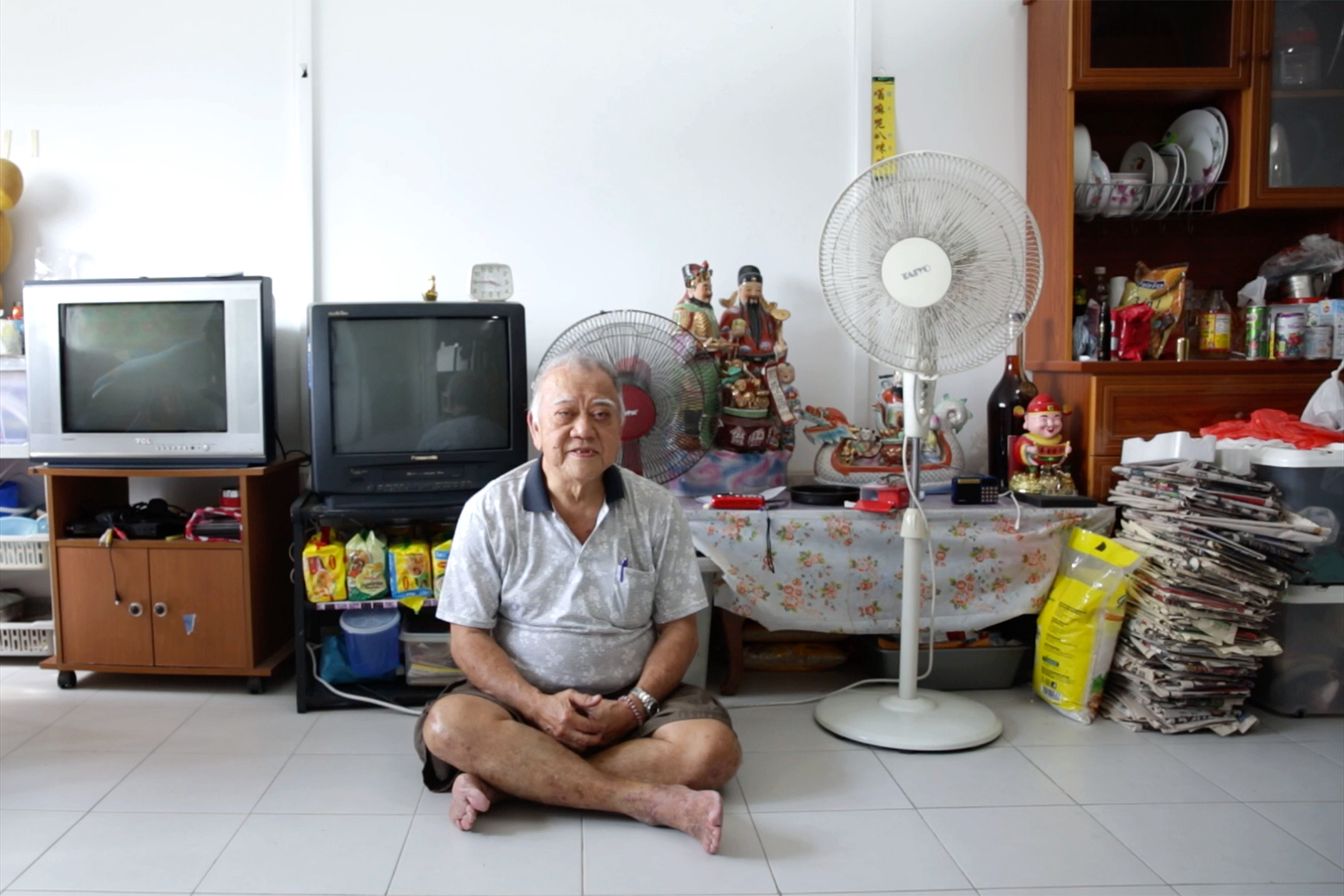New Support Group to Reach Out to Survivors of Child Sexual Abuse
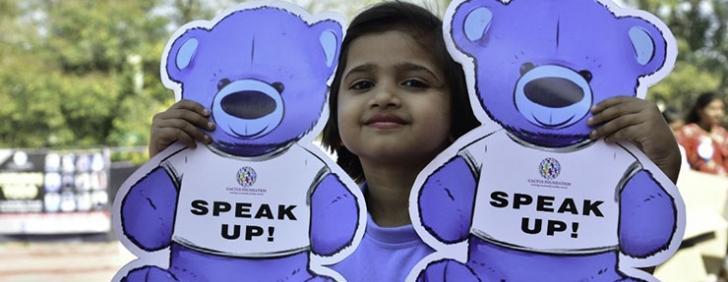
First Solapur, now the world.
Cactus Foundation plans to start an online network to bring survivors of child sexual abuse (CSA) together, going beyond India, where the NGO started in 2013 in Maharashtra state.
COVID-19 has forced Cactus to amp up its efforts virtually to remain relevant during the pandemic, which included running a successful webinar in August. The online seminar brought together hundreds of participants from 29 countries, who included NGOs, medical practitioners, survivors of child sexual abuse and the media.
Cactus Co-founder Nusrat Khan Pahade was heartened by the overwhelming support of the event, but was also mindful that it proved more had to be done to tackle the causes and impact of CSA. Nusrat and her team decided that one way was to set up a platform for survivors around the world to get help and counselling without the fear of shame and humiliation.
Nusrat, a clinical psychologist, hopes the survivors network, Cactus’s most ambitious project to-date, will attract other CSA-related organisations to partner with it. They aim to launch it in early 2021.
She acknowledges the uphill task ahead, but is not one to shy away from a challenge.
“There are people who are opening up with their stories for the first time. And we need a strong survivor community, because once they are strengthened, they can make a huge difference in dealing with the problem and solving it,” says Nusrat, herself a survivor of sexual abuse as a child.

CSA is a major public health concern — a sensitive and hidden issue that is seen as taboo in many countries, like India.
According to a news report on the latest government figures from the National Crime Record Bureau in 2018, one child (under 18 years) in India is sexually abused every 15 minutes. This works out to 109 children every day, who have their rights violated in this manner. Thousands of cases are believed to go unreported every year. While, abusers are often known and trusted, such as parents, relatives and family friends.
The World Health Organization defines child sexual abuse as the “involvment of a child in sexual activity that he or she does not fully comprehend, is unable to give informed consent” or for which the child “is not develompentally prepared”, or that “violates the laws or social taboos of society.”
The World Health Organization, WHO, notes that experiencing sexual violence in childhood can impact a person’s mental, physical, sexual and reproductive health and well-being for life. Victims and survivors of CSA often face short and long-term consequences, such as anxiety, depression and suicide ideation, according to WHO.
WHO says CSA survivors have a higher risk of being diagnosed with post-traumatic stress disorder, anxiety, depression, sleep disorders, have suicide ideation, or inflict self-harm.
Our Better World (OBW) first told the story of Cactus Foundation and their work tackling child sexual abuse in Solapur, in 2018. The video garnered over 1.7 million views and exceeded all expectations of impact with more than 1,000 people signing up to be volunteers.
“The story went viral,” acknowledges Nusrat. “It helped us to reach different parts of the country and the world. We got volunteers not just from India, but other countries, as well.”
She adds that the video had registered the organisation in people’s minds in a “very easy way” and “opened the doors” for Cactus to go “global”.
“Before the video, a majority of our efforts were in the field, going to schools and where there is no internet. The [OBW] video...gave a different perspective about how we could reach people across the world online through social media, interact with organisations, and make this a global movement, rather than being restricted to our own city or country,” she explains.
Connecting with NGOs tackling CSA in various countries gave Cactus fresh ways of looking at the issue, which informed existing programmes and inspired new ideas. Nusrat was also reassured that her organisation was on the right track.
“It gave us a lot of confidence about the work we were doing,” Nusrat adds. “As soon as a person sees the video, they know we're serious about our work, rather than relying on multiple calls and e-mails [to create credibility]. It helped Cactus to build an image, to brand itself.”
Cactus Operations In-charge Rameshwar Madhukar Irabatti thinks that one of the biggest impact of the OBW video has been to change conservative perceptions about CSA in local communities, which has made a “huge difference in saving childhoods.”
“The number of survivors reaching out to us is definitely increasing. And people share very private and personal stories of pain with us [without fear],” he says. “Internationally, people are beginning to recognise Cactus Foundation as a safe space where they can open up about their stories and heal.”
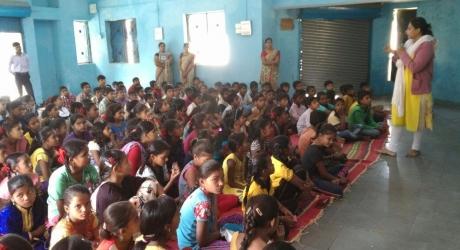
PANDEMIC PRECAUTIONS
At the onset of the COVID-19 pandemic and India’s stringent nationwide lockdown in March, Cactus was forced to adapt. One way was moving its in-field, face-to-face programmes online. Nusrat says their work might have been disrupted but operations were not crippled.
The virtual switch meant stopping all face-to-face connections, which turned Cactus’s phone number into a “helpline” of sorts.
“We started getting a lot of distress calls from parents and kids,” shares Nusrat. “Kids are talking about being abused, or asking what to do if their brother shows them porn clips. They don’t have anybody to talk to.”
She adds, “There have been instances when kids were sexually exploited. And parents wanted to seek our help to find legal or psychological remedy.”
SURVIVORS UNITED
During the lockdown, adult survivors of CSA also called in seeking advice and a listening ear. This was unexpected and “disturbing”, says Nusrat. “They were getting flashbacks and it was very difficult for them to cope.” The team decided to counsel them too and have provided solace to some 200 survivors to-date.
Word-of-mouth has been essential to Cactus’s outreach. According to Nusrat, a patient she counsels can recommend at least another five survivors to its “fold”, aged between 16 and 65.
“This shows the magnitude of the problem. We are surrounded by many survivors of child sexual abuse and we are unaware of it...And this is a problem that not only occurs in India, but across the world.”
That is why Nusrat and her small team, including husband and Co-founder Rohit Pahade, believe a survivor network will fulfil a hunger for connection.
“It will be a community where we will have at least two meetings a month, where all of us get together. We share our stories, struggles, everything. There’ll be a therapist who will be talking to all of them in general,” explains Nusrat.
The therapist, she adds, facilitates the discussions and encourages survivors to open up and heal. He or she will also observe which members of the group will need one-on-one counselling.
“So many people out there have suffered, and we want to tell them that it’s okay to come out and be open so Cactus can help them to overcome their problems,” says Nusrat.
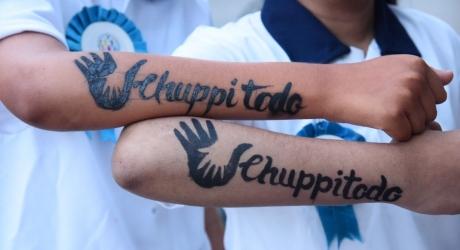
CONFESSIONS OF THE HEART
But it isn’t just survivors who have approached Cactus for help and support.
Perpetrators have also come out of the woodwork. Their change of heart, Nusrat explains, is due to the NGO’s community-based activities. Most had discovered Cactus through its annual walkathon in Solapur that draws thousands of residents onto the streets.
She calls it “their biggest victory.”
“They confess that they have abused children in their own families or neighbourhoods. They cannot control their urge and molested children and are feeling extremely guilty,” says Nusrat. “They believe that Cactus Foundation has got them to this moment of truth that they need help. It’s a big thing in a very orthodox community.”
She elaborates, “They have gone through a lot of therapy with me. We kept the identities confidential such that even my teammates do not know. We want to encourage people to come and seek help no matter what.”
Nusrat notes that about half of those who sought help were sexually abused as children and hence “have a trauma”.
“We had a grandfather with a long history of sexual abuse as a child and he did not get to speak about it to anybody. So when he had his own children, he did the same to them. Sometimes it's that anger and frustration being released.
“There were also a few young perpetrators, as young as 19. These guys are doing it for the heck of experimentation, because there's a lot of pornography that they watch. Everyone has a different story.”
REACHING BEYOND BORDERS
The jump in the number of SOS calls to Cactus during India’s lockdown and quarantine reflects a national increase in child sexual abuse at home. Reports also reveal a rise in children and youth being sexually exploited online, as cybercrime has purportedly increased.
According to this article, a government helpline received more than 92,000 calls over 11 days. India, also topped a compiled list of reports on child sexual abuse material found on the internet.
In response to this, Cactus organised a successful virtual conference, in August. Called Beyond Borders, the event gathered participants and panelists to discuss innovative ways to create safe childhoods. Nearly 1,500 people registered, three times the number expected.
The four-day event has further bolstered Cactus’s reputation as a leader in the CSA field. Says Rameshwar, “We received a lot of strong feedback from participants and organisations from countries in Asia and Europe. They are so impressed with our work they want to replicate the Cactus model in their own countries and believe it would serve them well.”
SILENT KILLER
Nusrat warns that CSA must not be forgotten or neglected in the midst of COVID-19: “Child sexual abuse will continue to be a huge pandemic of its time, a silent killer, for a long time. If we don't acknowledge it now, I think we are going to lose many generations to mental health issues.”
She adds, “The percentage is high but it's the most underreported problem in the world. There is no way you can document the actual statistics because...expecially in India, we make babies but we don't want to talk about sex.”

FINDING THE STRENGTH TO PUSH ON
Despite a continual challenge to get funding to support their programmes, Rohit assures they will not give up the fight. What keeps them going is seeing the change they wield in the lives of CSA victims.
“It’s not like polio, or any other issue that might be eradicated from society. Abuse cases will keep surfacing for a long time. But we still have to work to minimise the numbers,” he says. “First we create awareness, second we counsel. The survivors who come to Cactus motivate us to work more for this cause.”
About Cactus Foundation
Contributors
Writer



